-
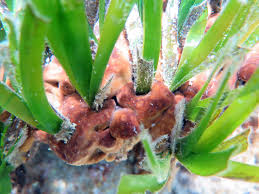
The Marine Ecology and Microbiology (MEM) Lab
The Marine Ecology and Microbiology (MEM) lab, led by A/Prof. Ziggy Marzinelli, focuses on understanding the processes that generate, maintain and impact marine ecosystems. We integrate the theory and experimental approach of marine ecology with molecular tools and microbiology to understand the role of host (e.g. genetics), microbes and environment in driving resilience of marine […]
-
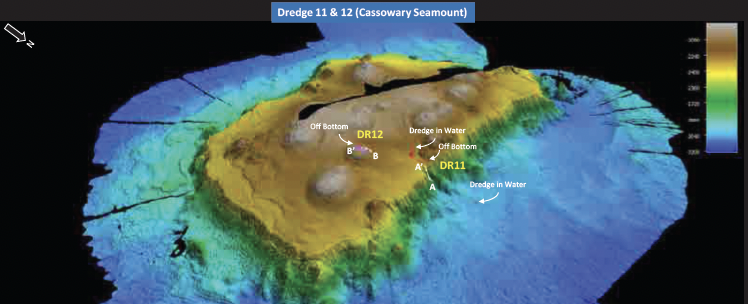
Hunting underwater ancient volcanoes to understand plate-plume interactions in the Coral and Tasman seas
Massive volcanic eruptions are a fundamental part of the Earth System, responsible for globally disruptive events, from significant impacts on humans, to kickstarting the break-up of continents, generating wealth-producing ore deposits and triggering global climate crises and mass extinctions. This project will reveal relationships between hot, deep sources of volcanic material, and the tectonic processes […]
-

Re-defining the Human-Shark Relationship in Australia
Run by Dr. Chris Pepin-Neff, this marine social science research is a collaboration with the Sydney Environment Institute and looks at the way the human-shark relationship can be redefined. For millions of years sharks have swum through native waters, and dating back to Aboriginal carvings, sharks have represented a threat in the human imaginary. The […]
-
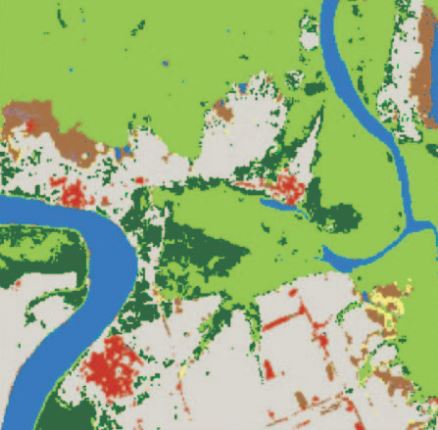
Livelihoods and Landscapes
Geospatial applications for climate-smart landscape management Using a collaborative information and communications technology for development (ICT4D) process, we are developing open-source applications to map diverse landscapes and seascapes. This project is funded by the Australian Centre for International Agricultural Research (ACIAR) and is a collaboration between stakeholders in Fiji, Tonga, Australia, and New Zealand. Research […]
-
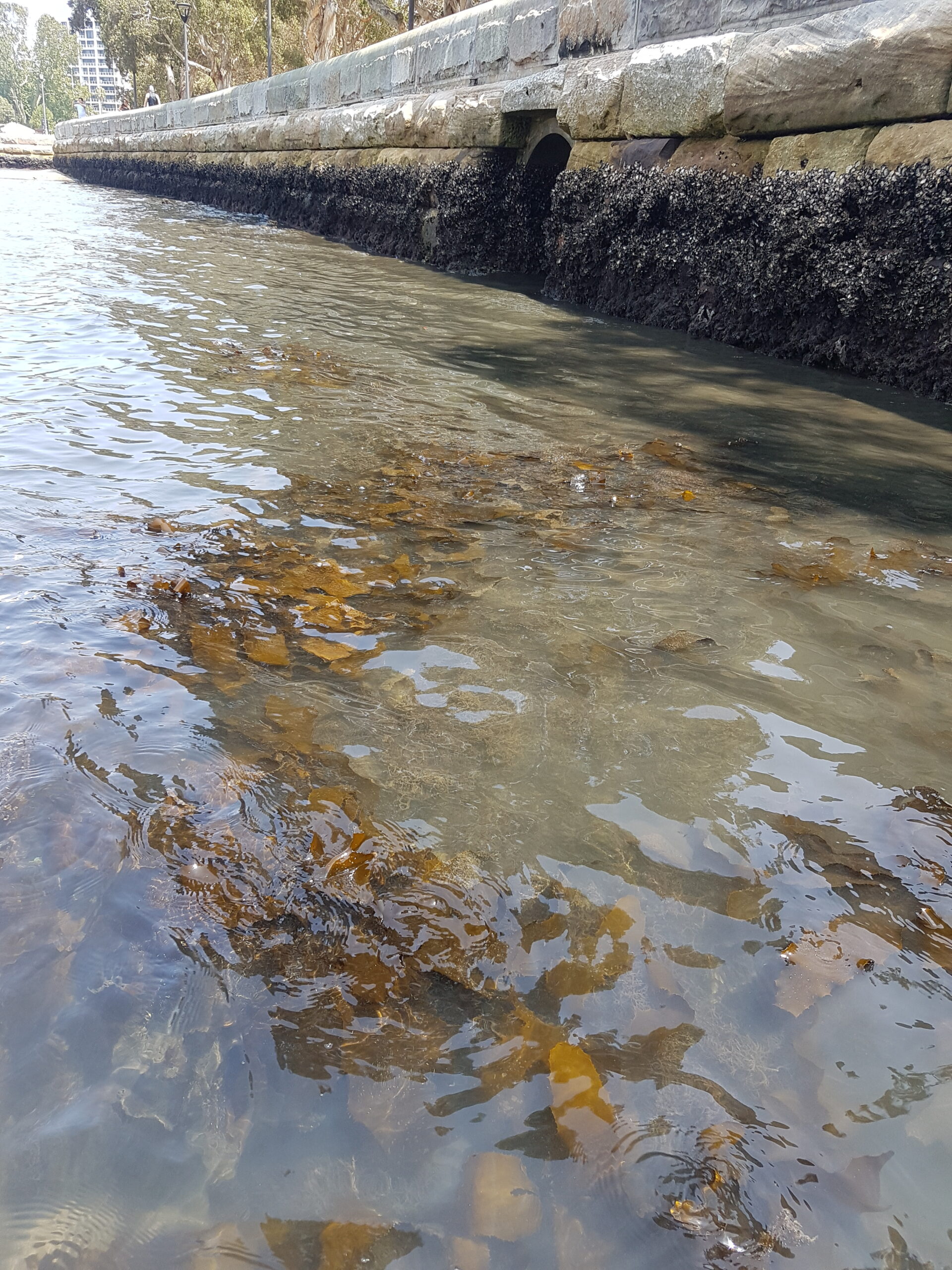
Natural solutions to rehabilitate degraded urban marine ecosystems
Dr Ana Bugnot Native biodiversity has natural capacities to boost good microbial processes, aiding in the remediation of contaminated systems. However, this biodiversity is often lost or degraded in the areas where its beneficial functions are needed the most. I am reintroducing native biodiversity into urban coastal ecosystems to kick-start their recovery. This project was […]
-
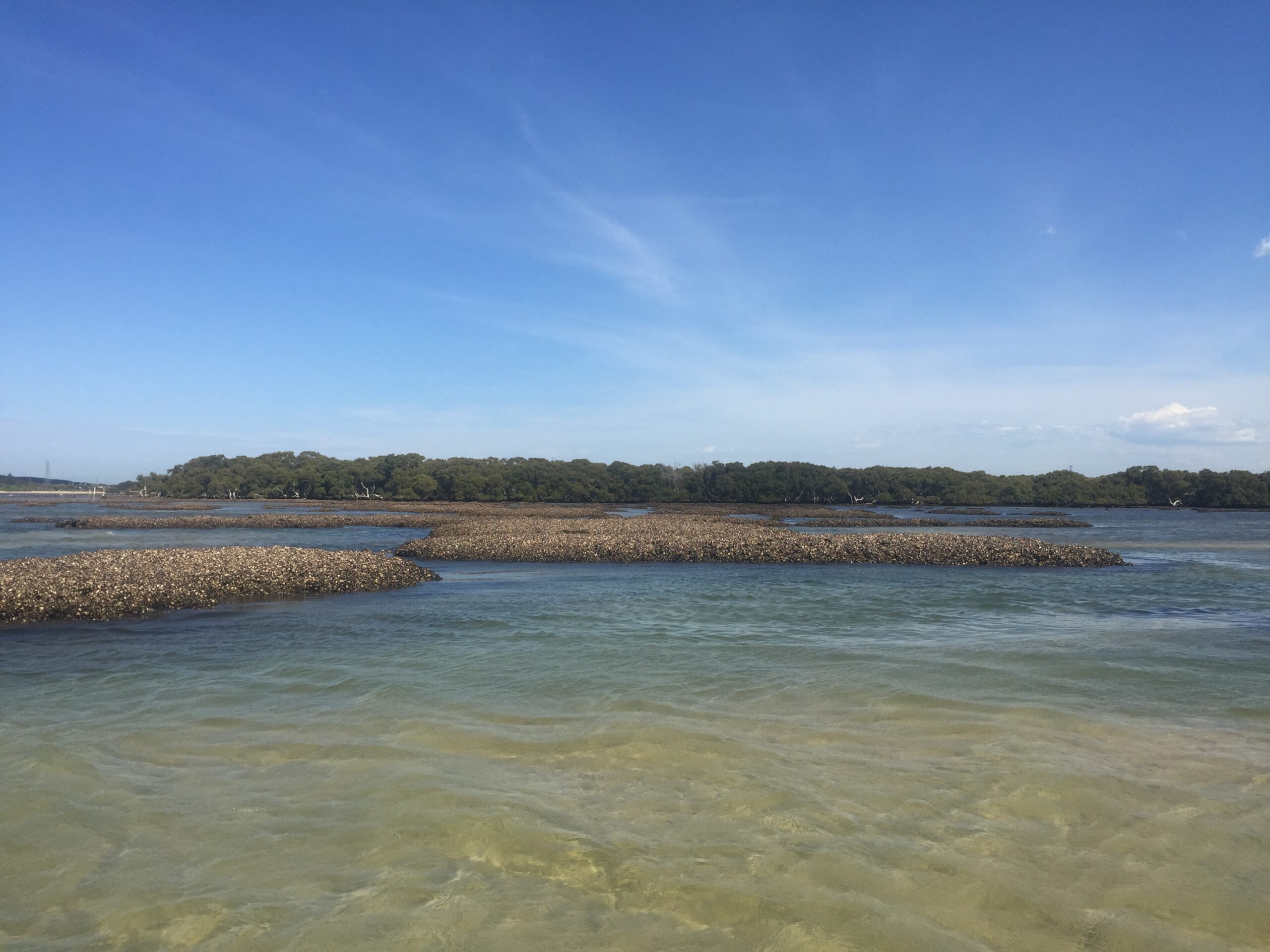
Informing Oyster Reef Restoration
Dr Ana Bugnot Dr Bugnot is studying the ecology of remnant oyster reefs in order to understand its role in Australian estuarine ecosystems. Specifically interested in how oyster reefs and their biodiversity influence the ecological functions of the reefs themselves and their surrounding sediments. This new knowledge is informing oyster reefs management and current oyster […]
-
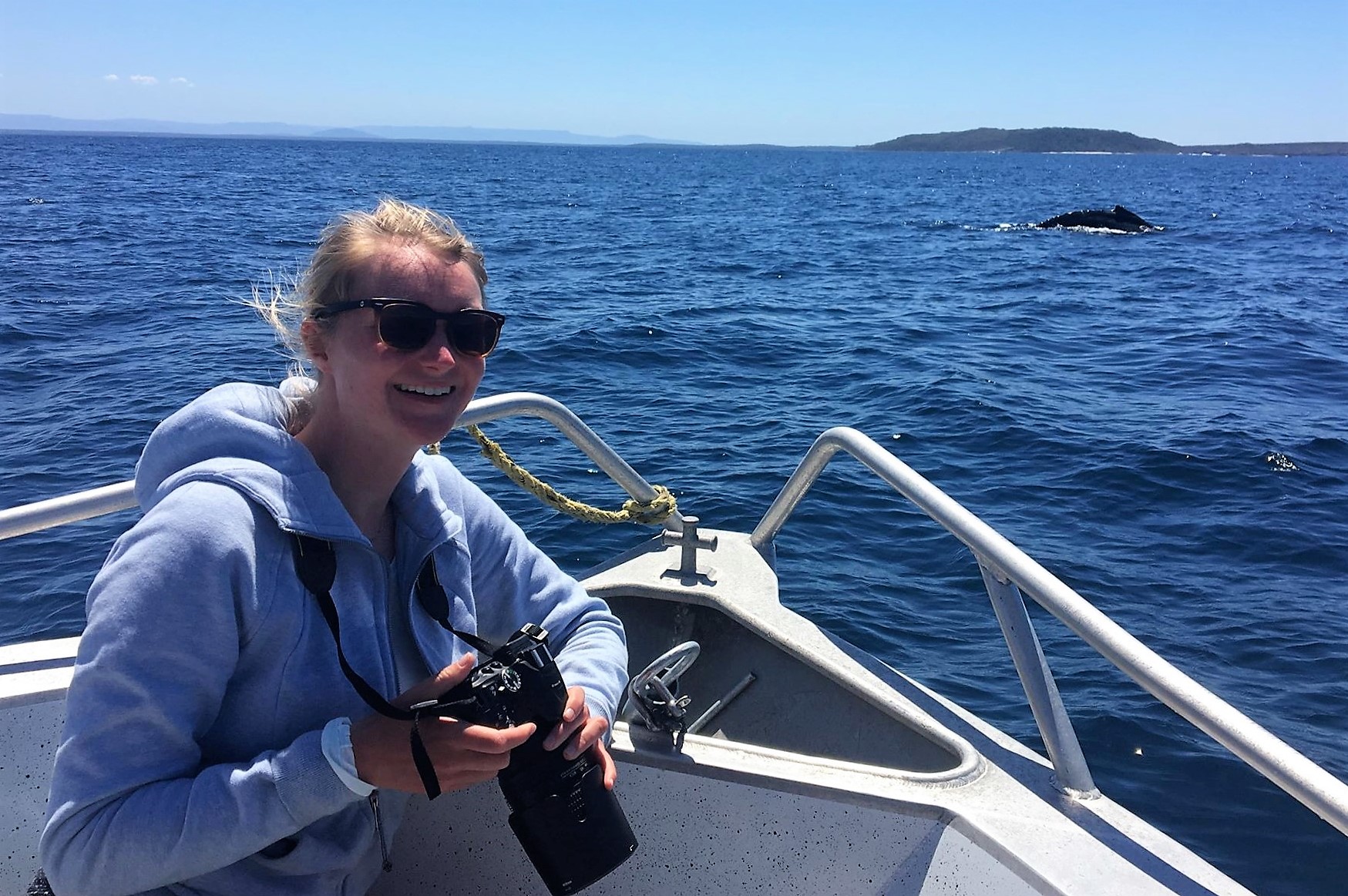
The significance of Jervis Bay for humpback whale mother-calf groups during their southern migration
Alex Jones My research is aiming to determine if Jervis Bay, on the south coast of NSW, is a resting ground for humpback whale mother-calf groups. During the southern migration, females and their newly born calves are thought to rest in calm and protected coastal waters or embayments for protection from rough seas, predators, conspecifics […]
-
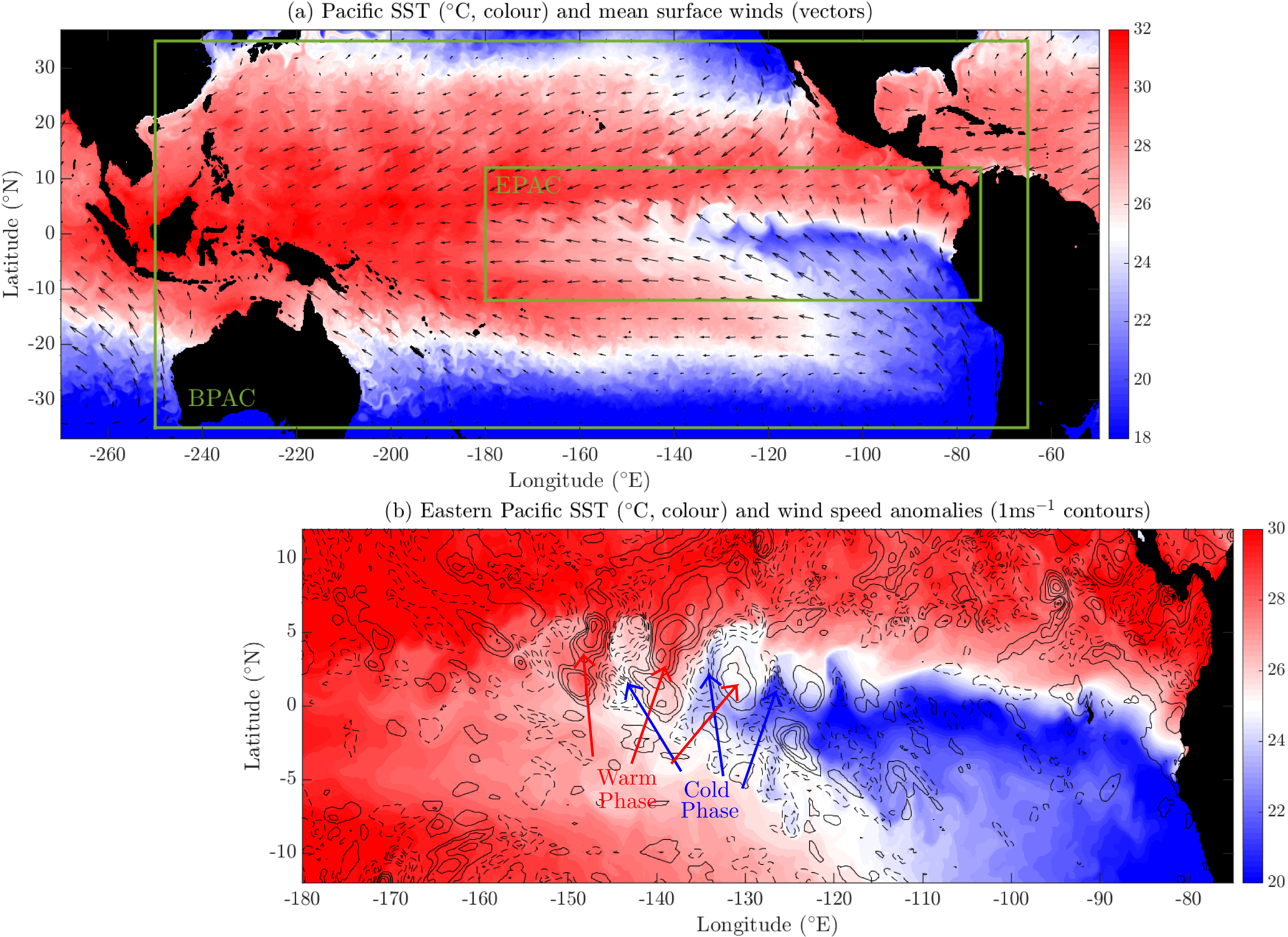
Ocean mixing and air-sea coupling in the Pacific: Toward improved El Nino forecasting
Dr Ryan Holmes The Tropical Pacific, and the mode of climate variability known as the El Nino – Southern Oscillation (ENSO), drives significant year-to-year variability in Australian rainfall and climate extremes. However, tropical climate predictions are limited due to systematic biases in numerical climate models. Using new high-resolution regional coupled ocean-atmosphere modelling techniques, this project […]
-
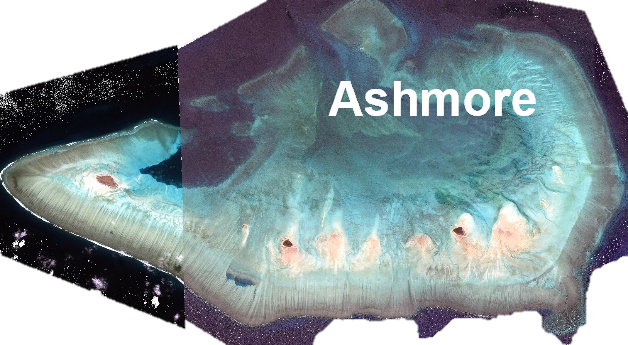
Vulnerability of Coral Reef Islands
Dr Thomas Fellowes Coral reef islands are increasingly under threat from ocean acidification, warming oceans, sea-level rise, and increased storminess. These islands are dynamic low-lying accumulations of carbonate sediment derived from reef framework and from the shells and skeletons of reef calcifiers (e.g., corals, foraminifera). Climate change is impacting carbonate production and this may destabilise […]
-
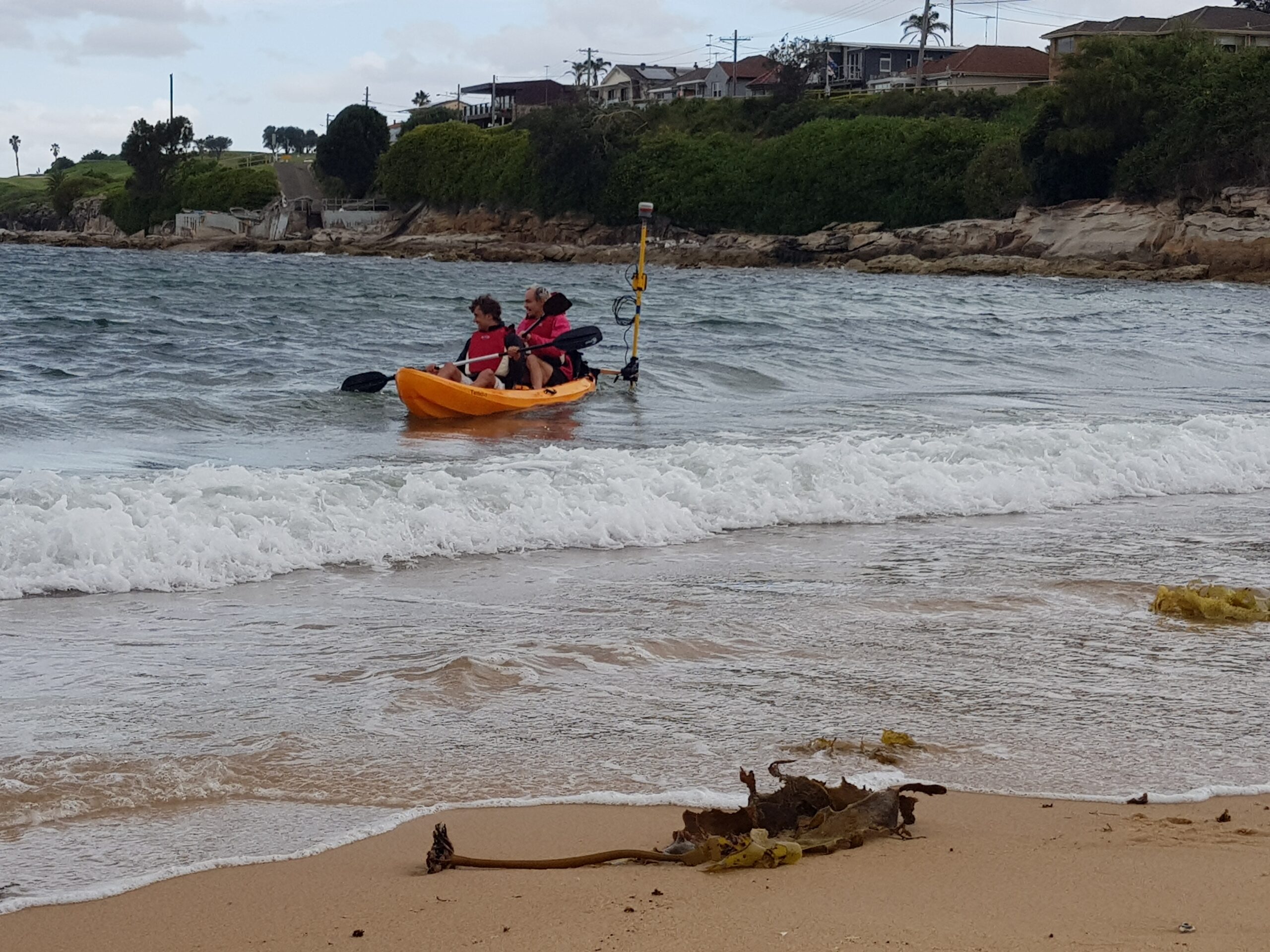
Understanding Beaches in Estuaries and Bays
Dr Ana Vila-Concejo THE PROBLEM Sandy beaches in estuaries and bayes (BEBs) front and protect many coastal properties and infrastructures in the world. Many major cities have been built around estuaries. One example is Sydney, where three estuaries are the core of some of the most densely populated and developed parts of the city: Botany […]
-
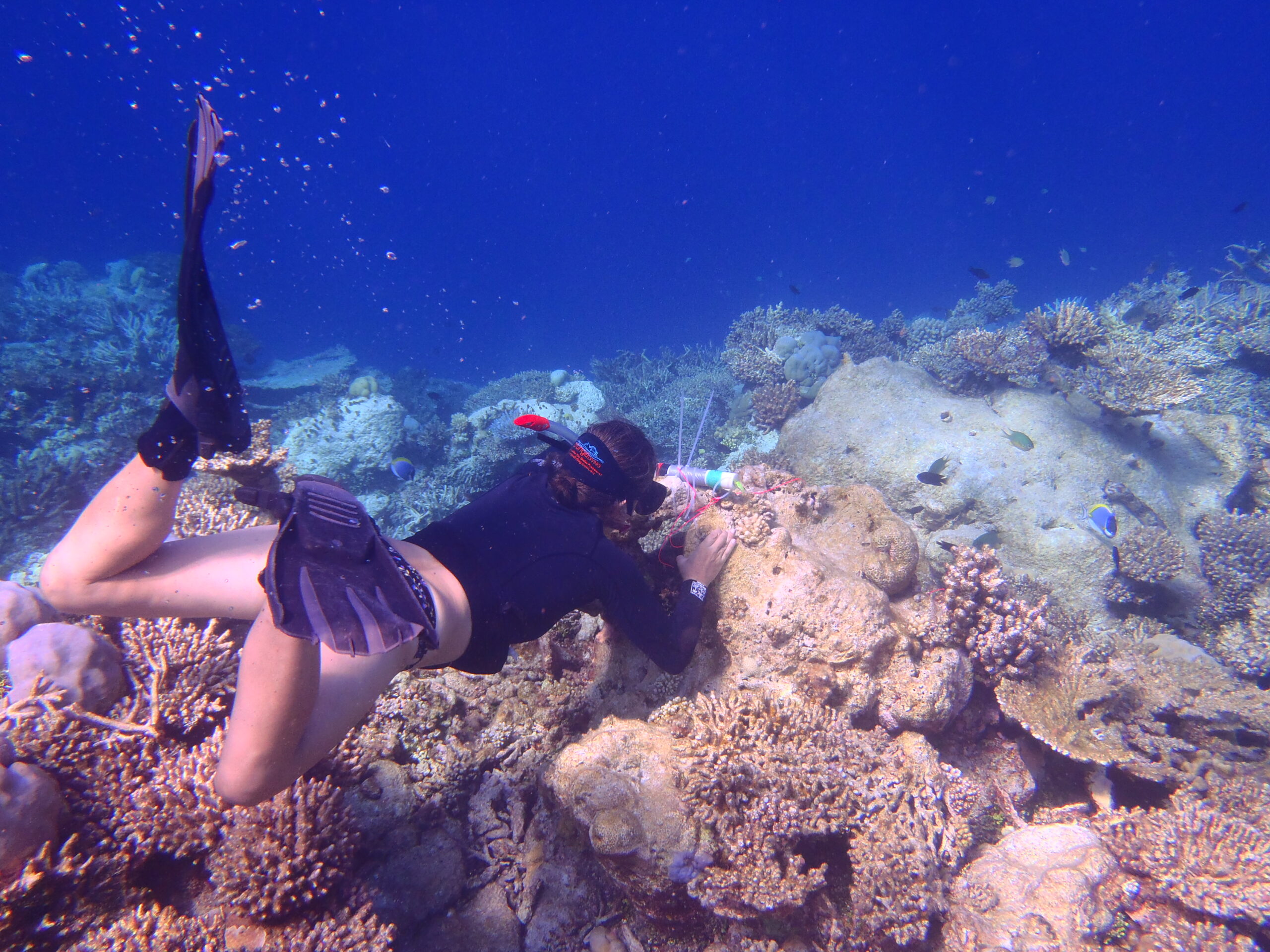
Coral Reef Morphodynamics
A/Prof Ana Vila-Concejo, Dr Thomas Fellowes, Dr Tristan Salles, Prof Maria Byrne THE PROBLEM Coral reefs around the world are irreversibly transforming due to unprecedented rapid environmental change. Recent mass bleaching events have shown the impact of climate change driven marine heatwaves for coral reef health and the demise of reef structure. Because returning coral […]
-
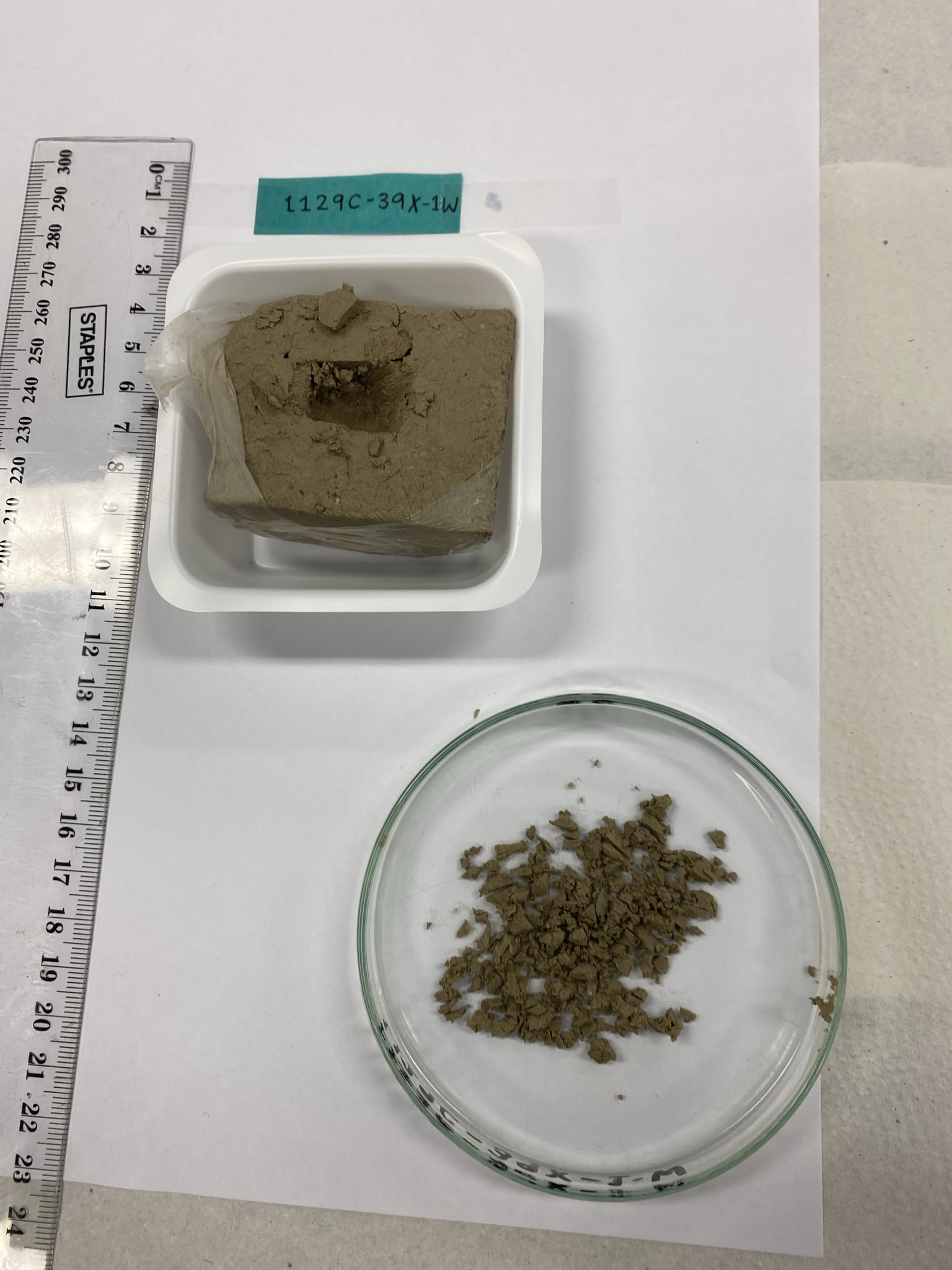
Unravelling a trace element fingerprint for low-temperature dolomite formation in the Great Australian Bight
Dr Bree Morgan Formation of dolomite [CaMg(CO3)2], a highly-stable carbonate mineral, has been central to maintaining the stability of Earth’s global climate over geologic timescales. There is a disproportionate paucity of dolomite in modern times comparative to its widespread abundance in the deep past, referred to as the ‘Dolomite Problem’, one of the longest standing […]
-
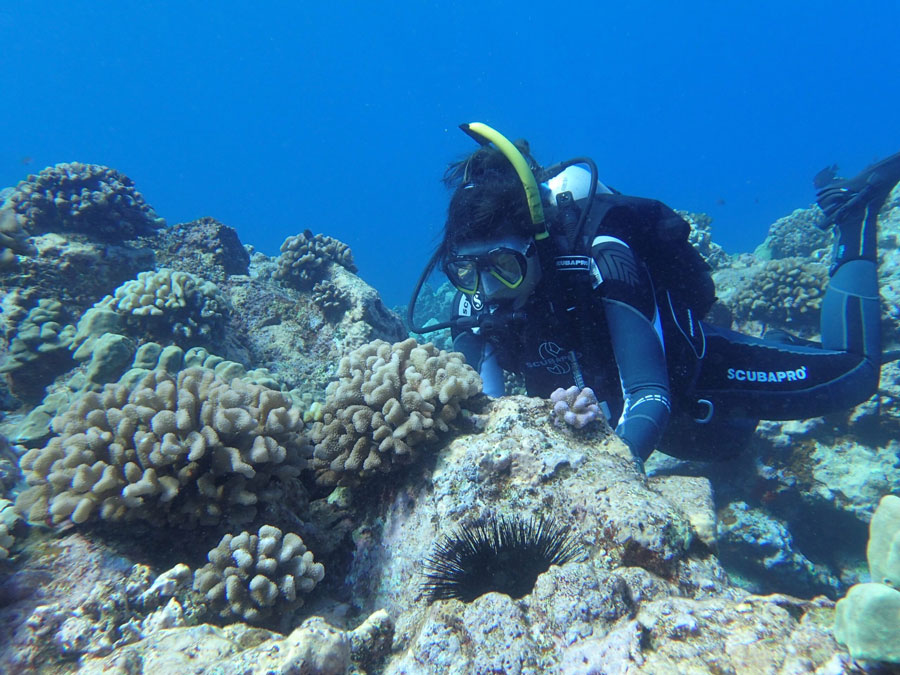
Identifying factors that increase marine ecosystem resilience to climate change
Dr Shawna Foo Anthropogenic CO2 is the primary threat to coral reefs and associated fauna. Increasing CO2 is driving increasing sea surface temperatures and acidification. This project uses an integrative approach — remote sensing, new sensor technologies, in situ experiments, model systems and controlled experimentation — to investigate coral reef resilience from offspring to ecosystems, […]
